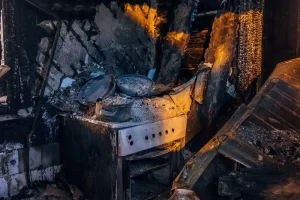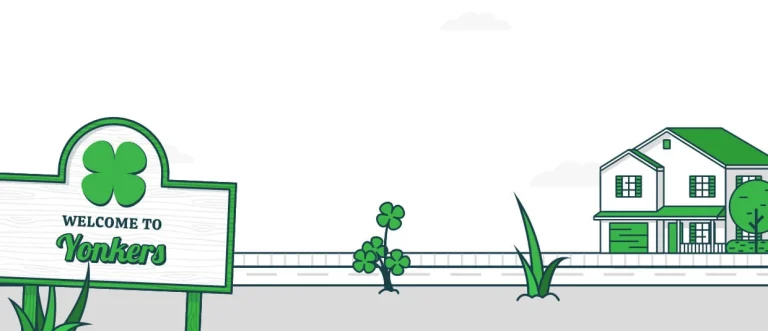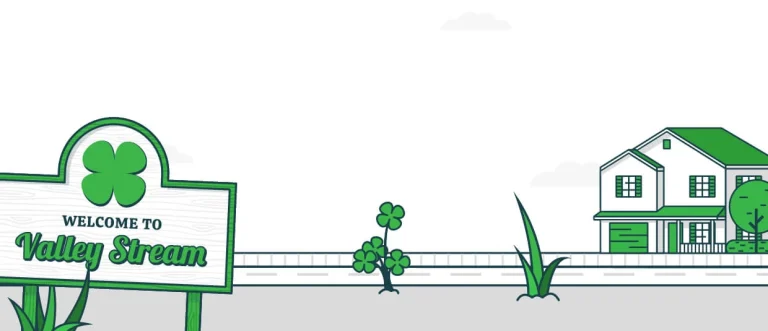Appliances are an important part of everyday life for most people. We’d be technologically set back a century or two without some of the appliances we take for granted daily.
Since your household appliances are such a big (and expensive) part of home life, you may be wondering if your homeowners insurance will protect them. Let’s find out when and how your policy comes into play when safeguarding your appliances.
Does Homeowners Insurance Cover Appliances?
When it comes to your homeowners insurance, household appliances may be covered if they’re damaged by a covered peril in your policy. Your insurance won’t cover your appliances if they break down due to wear and tear over time.
A typical homeowners insurance policy covers your home and belongings from a list of potential damage sources – called perils. While many policies protect against about 16 major perils, not all of these could affect your appliances.
Some of the perils that could damage your appliances include fire and smoke damage, windstorm damage (from a tornado or a hurricane), snow and ice damage, or lightning damage. If your washer, dryer, oven, dishwasher, refrigerator, or microwave (or any other appliance) got ruined by a peril we mentioned, your homeowners insurance should help pay for new ones.
For instance, if a tornado or electrical fire ripped through your kitchen and ruined your refrigerator and dishwasher, your insurer would likely pay for repairs that would include your appliances. Also, if smaller appliances were stolen from your home or vandalized, you’d be covered. Theft is included in most homeowners insurance policies.
You won’t be covered if your appliances stop working due to usual wear and tear over time or from a lack of maintenance, though. For example, if your fridge eventually conks out on you after 15 years, your home insurance for appliances won’t pay for a replacement since it’s just a matter of typical wear and tear. Appliances have a lifespan, and if yours reaches its end, it’s on you to get a new one.
Are Appliances Covered Under Dwelling Coverage or Personal Property Coverage?
Appliances can fall under either your dwelling or personal property coverage. Your homeowners insurance is divided into a few areas of protection. Two major sections are the dwelling and personal property coverage areas.
Dwelling coverage guards the main structure of your house, including the roof, walls, windows, patios, and floor. Personal property protection covers your belongings inside your home, like your TV, furniture, clothes, and whatever else you own.
How Your Insurance Covers Appliances Under Personal Property Coverage
Typically, most of the appliances that plug in — like your washer, dryer, oven, and refrigerator — are considered your possessions since they’re not typically built into your home’s structure. They’re protected from covered perils under the personal property coverage of your homeowners policy. Smaller appliances like blenders and microwaves are personal property, too.
Insurance companies typically have two ways of safeguarding your belongings: for their replacement cost or their actual cash value. If they’re damaged or destroyed by a covered peril, replacement cost coverage will reimburse you what you paid for the item, while actual cash value coverage factors in depreciation. So, the longer you own the item, the less your provider will pay out for it.
For instance, let’s say you purchased your washer and dryer two years ago for $1,500. A hurricane comes along and destroys your garage, where you housed the appliances. If you have replacement cost coverage, your insurance company would pay you $1,500 for the appliances.
If you have actual cash value coverage, you’ll get less due to depreciation. Depreciation formulas vary by company, but you’ll typically always get a smaller payout for your items with actual cash value coverage.
Some insurance companies allow you to purchase additional coverage endorsements to further protect your appliances. You may be able to get equipment breakdown coverage, which guards against more scenarios of unexpected appliance failure. You might also need scheduled personal property coverage if you have an especially expensive or high-end appliance that exceeds your policy’s reimbursement limit.
How Your Insurance Covers Appliances Under Dwelling Coverage
The appliances attached to your home, like a water heater, furnace, or wood stove, will likely be protected under the dwelling portion of your policy. When an insurance company is covering an appliance that falls under dwelling coverage, they will likely pay whatever the cost is to fix the damage to the appliance and may pay for a new appliance altogether.
For instance, let’s say, through no fault of your own, your wood stove unexpectedly ignites because of a sudden crack in its piping. Most of the interior of your living room, as well as your chimney and some of the exterior of your house, sustain damage.
You promptly file a claim, and your homeowners insurance agrees to cover the incident. This coverage would include the repair costs of the damage to your building, interior and exterior, and they will likely pay for a new wood stove since the malfunction was sudden and unexpected.
Does Homeowners Insurance Cover Water Damage From Appliances?
As we just touched on, your homeowners insurance should cover water damage from appliances as long as your negligence didn’t cause the leak or you didn’t delay reporting the damage. If an insurance company finds that a hidden water leak has been festering for many months, the damage it caused may not be covered. Policies typically exclude damage that has occurred gradually or over time.
If your washing machine or refrigerator springs a sudden leak and causes water to get everywhere, ruining your kitchen and some of your belongings, your insurer could cover the costs if you file a claim promptly. Keep in mind that the damage needs to exceed your deductible for your insurer to step in, though.
The editorial content on Clovered’s website is meant to be informational material and should not be considered legal advice.




